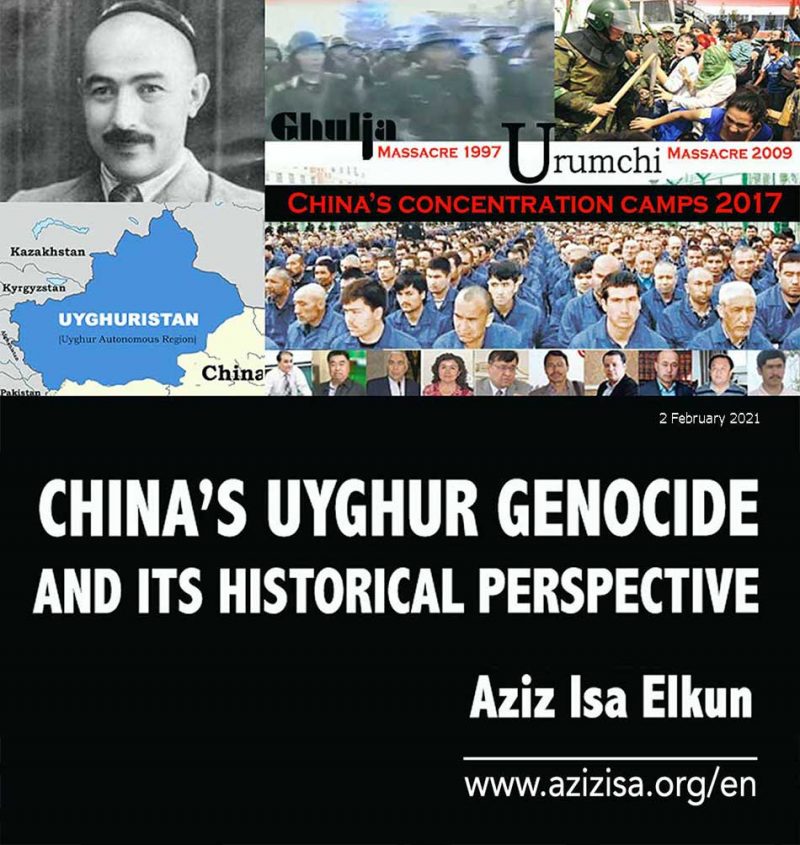
Aziz Isa Elkun
Research Affiliate at SOAS, University of London
aziz.isaa@gmail.com | www.azizisa.org/en
Since 2014, the Chinese government has started building a massive network of internment camps or “modern high-tech surveillance prisons” across the Uyghur Autonomous Region, and media reported that some of the camps could host up to 10 thousand detainees.1 According to various estimated sources, up to three million Uyghurs and other Turkic people of Chinese citizens were kept illegally in these camps, which was claimed by Chinese authority as “Vocational Education Training Centres” with Chinese characteristics. The existence of such internment camps was first revealed by the Western academics, media, and Human Rights organizations in early spring 2017.
There is no dispute about the urgency of the “Uyghur crisis” today in China. It’s arguably one of the most severe crimes that a country has been openly committing a kind of slow-motion “genocide” against a specific ethnicity on a massive scale since the Second World War.

